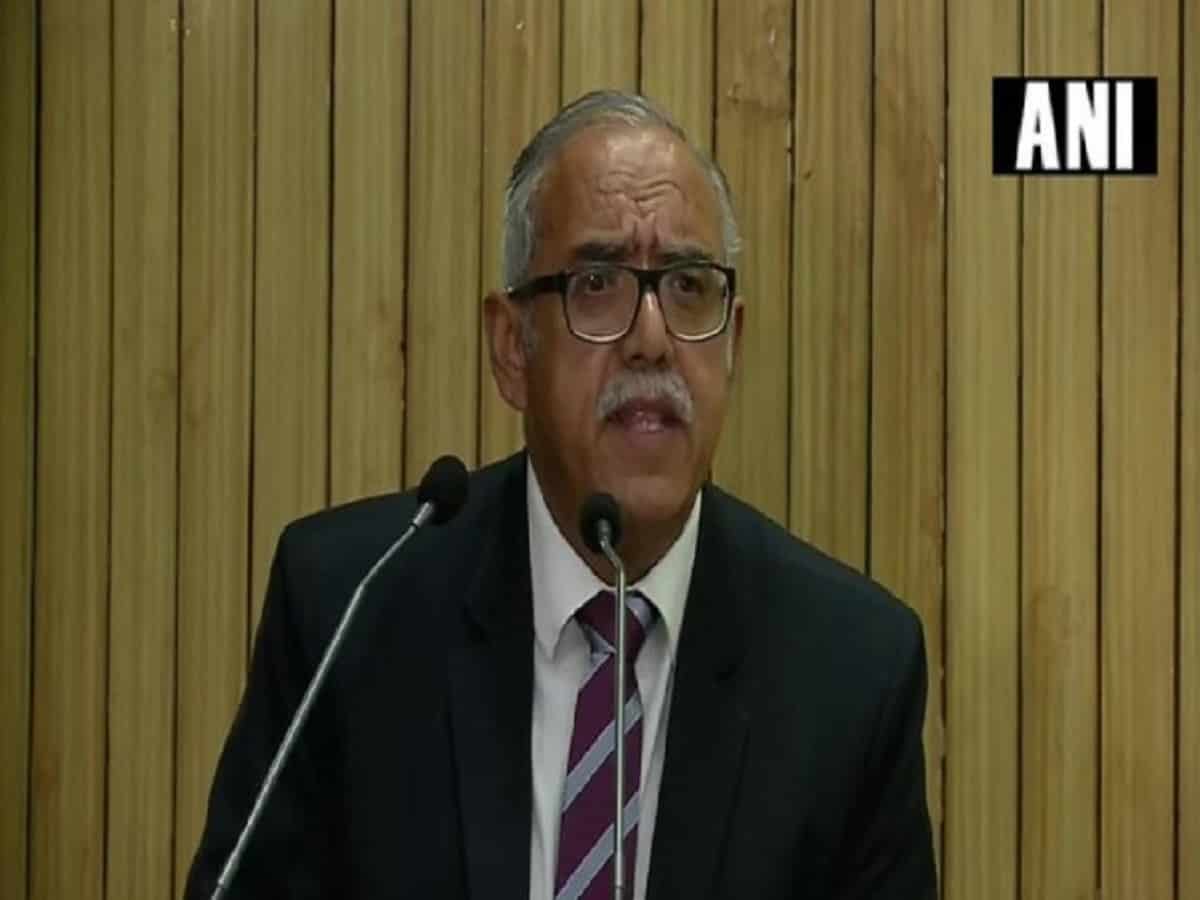New Delhi: Not agreeing with the Government or Dissent is not anti-national but is the most ‘important right’ guaranteed by the constitution said the Supreme Court Judge yesterday.
Speaking at a conference on Democracy and Dissent organized by the Supreme Court Bar Association Justice Deepak Gupta who shall retire next month on March 6 said: “Just because you hold a contrarian view, it does not mean you are anti-national or have disrespect for the country.”
Stressing out on the difference between the government and the country, Justice Gupta said a citizen may not agree with the government but that doesn’t mean he is against the country.
To question, to challenge, to verify, to ask for accountability from the government is the right of every citizen, he said.
“Citizens have a right to get together and protest when they feel that the actions taken by the government are not proper. Their cause may not always be right. At the same time, the government may also not be right,” Justice Gupta said.
“The government has no right to stifle or quell protest as long as the protests are peaceful,” he added.
Justice Gupta’s comments come in the backdrop of the brutal crackdown on peaceful protests against the discriminatory citizenship act in several parts of the country with sedition charges being slapped on citizens for questioning the government.
“Even assuming the government represent more than 50 per cent of the electorate, can it be said that the remaining 49 per cent of the population has no voice…? Can it be urged that the remaining 49 per cent cannot speak for the next five years…? Should these 49 per cent be totally ignored if they oppose what is said by the government? In my view, the answer has to be a big ‘No’,” Justice Gupta said stressing why those in power cannot claim to represent the will of all people.
Citing Apex Court’s Judgements holding citizens right to free speech and expression, Justice Gupta said dissent was the essence of Mahatma Gandhi’s civil disobedience movement.
He also cited dissenting judgments as a healthy sign of a fearless judiciary, in particular that of Justice H.R. Khanna during the Emergency.
Meanwhile, Justice Khanna had held fundamental rights of citizens cannot be violated even during grave situations like Emergency- a judgment that eventually cost him the position of Chief Justice of India.
“Today in the country, dissent is seen as anti-national…. I see bar associations passing resolutions saying they will not appear in etc matter as anti-national. This is not done. You cannot deny legal aid,” the judge said.
Justice Gupta added a free country is the one that guarantees freedom of speech and governance by rule of law.
“New thought will only come in if you challenge old thought,” he said, citing the examples of Buddha, Mahavira, Jesus Christ, Prophet Mohammad, Guru Nanak, Kabir, Raja Rammohun Roy, Swami Dayanand Saraswati, Martin Luther King, Karl Marx and Gandhi.
“Dissent must be encouraged. It is only through discussion that we can strive to run the country better,” he reminded.
“Criticism of the executive, the judiciary, the bureaucracy or the armed forces cannot be termed ‘anti-national’,” he said.

